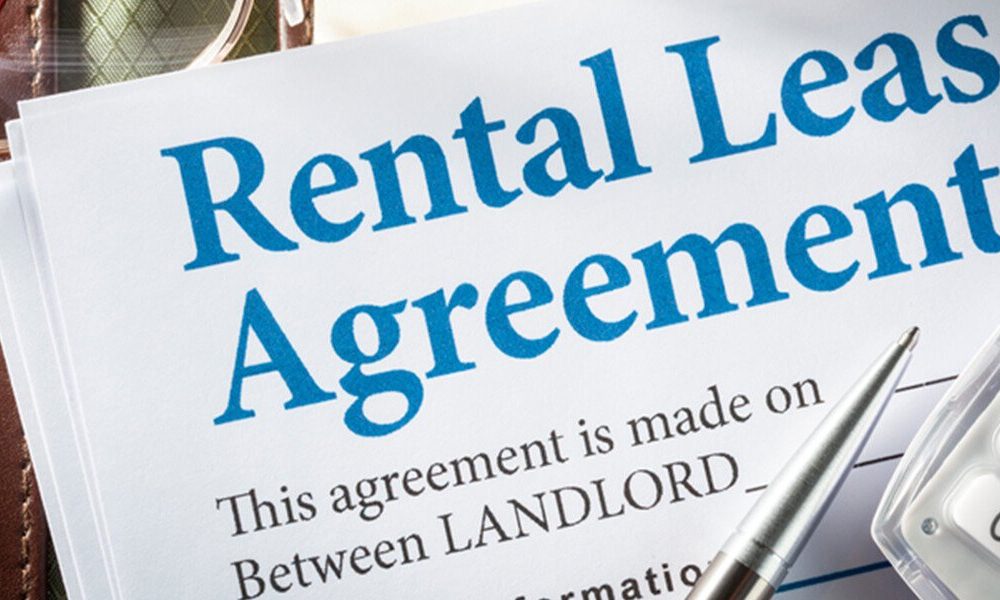When you go to rent a house, condo or apartment and thus must sign a lease, are you truly prepared for the implications of what you are signing?
Your lease is a legally binding document that oftentimes is considered a “standard” contract, but the details may surprise you.
There is often an insurance clause in the lease requiring the tenant to carry renters insurance, which typically covers the tenant’s personal belongings and other financial exposures. Even if there is no such clause in the lease, renters are wise to purchase this insurance so they are financially protected from losses as a result from fire, theft, vandalism and liability for others’ injuries while in their home.
Though landlords carry insurance on the property, it doesn’t extend to the tenant’s possessions and will not protect the tenant in the event of a lawsuit alleging negligence that causes injury in the home.
A lease may also require the tenant to list the landlord as a party with additional interest on the tenant’s renters insurance policy so that the landlord will be notified if you cancel your coverage; in fact, this is a generally accepted practice. Talk to your insurance professional before you sign the lease to discuss the insurance requirements the landlord is requiring you to accept.



